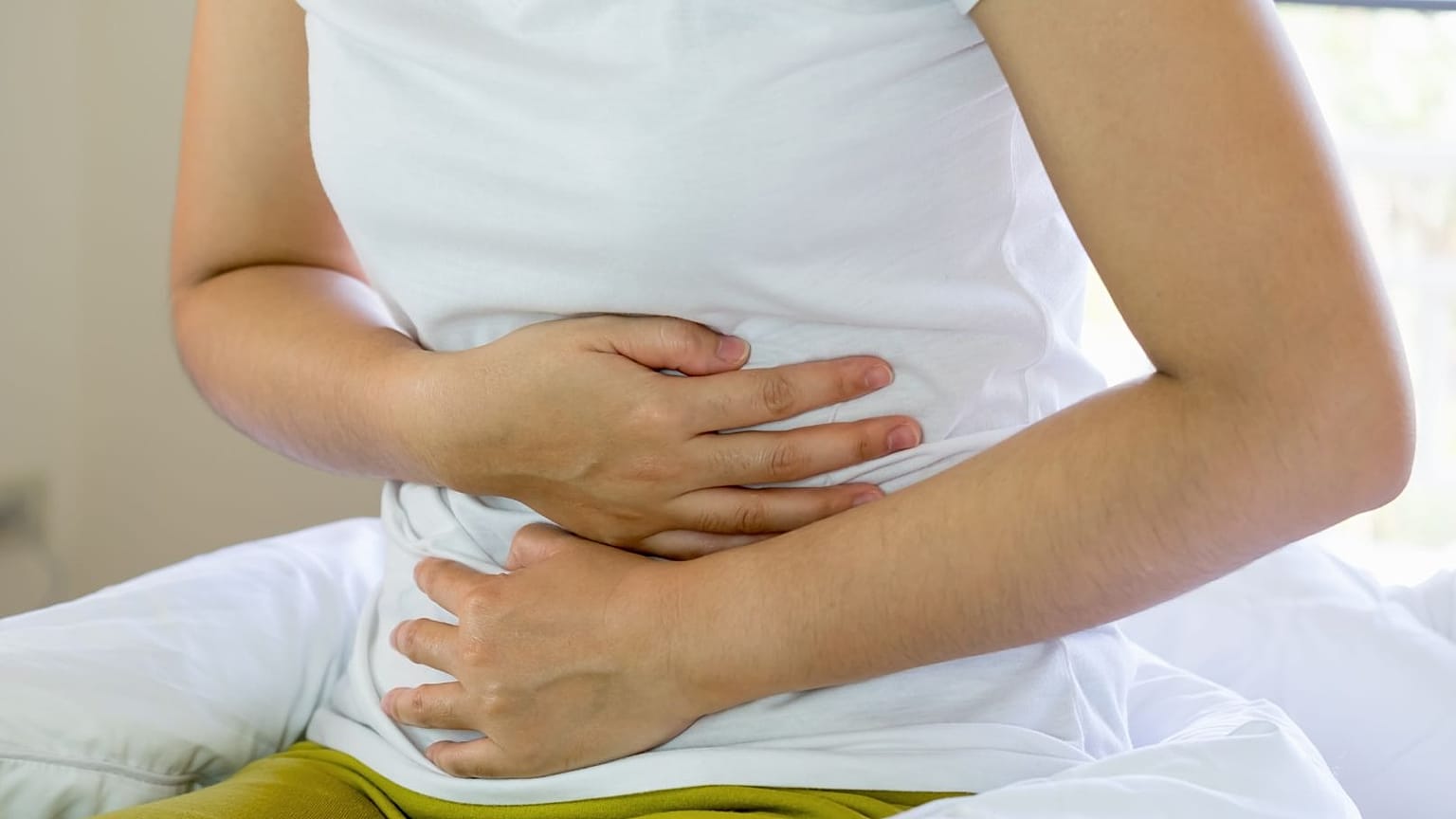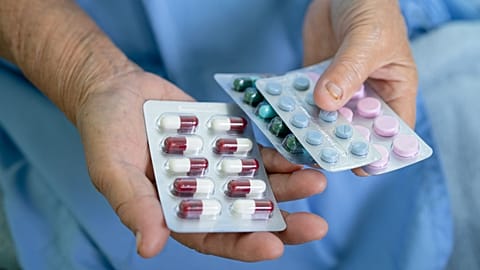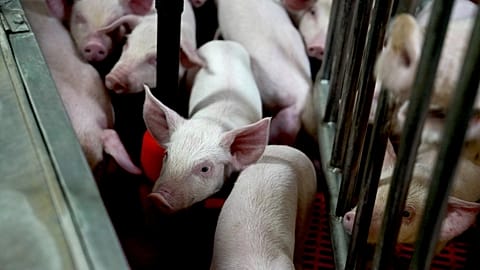Euronews Health breaks down how to differentiate the hype from reality when it comes to the science on gut health.
More and more, it may seem that the answer to common health quandaries leads to a single culprit: our guts.
 ADVERTISEMENT
ADVERTISEMENT
 ADVERTISEMENT
ADVERTISEMENT
The gut microbiome – the ecosystem of bacteria and other tiny organisms that live in our digestive tracts – has in recent years been linked to a wide range of health issues, including cancer, insomnia, heart disease, type 2 diabetes, preterm birth, and more.
That’s prompted a lot of excitement among doctors and scientists seeking to improve people’s wellbeing – but in most cases, there are still more questions than answers. In the absence of strong evidence, grifters, half-baked trends, and misinformation often fill the void.
Euronews Health spoke with gut health experts to set the record straight. They said there’s no model for a perfectly healthy gut because our microbiomes are all unique, and changes to them aren’t necessarily bad.
“With the microbiome, it's very rare that you can give a straight, 100 per cent answer that applies to everyone, because everyone is so different. Simple stories really don't exist,” Alan Walker, a microbiologist at the University of Aberdeen, told Euronews Health.
Here are five expert tips to sort fact from fiction when it comes to gut health.
At-home tests don’t have all the answers
Many diagnostic tests for gut health are sold over the counter or through expensive private laboratories, and claim they can use a stool sample to identify whether specific foods are good or bad for the buyer. The results are often presented on a scale or colour-coded from green to red.
But “simple indices and indicators are always very misleading,” said Dr Lucas Wauters, a gastroenterologist at University Hospitals Leuven (UZ Leuven) in Belgium.
Wauters told Euronews Health that these tests often have some basis in science, focusing on things such as food intolerance or leaky gut, formally called intestinal permeability. Others can be genuinely useful, such as tests that look for specific bacteria in stool.
However, Wauters said scientists are still studying these concepts in laboratory settings, so at-home tests may rely on thin evidence to make outsized health claims.
A major red flag, he said, is test results that come with recommendations for – or even links to purchase – supplements or other products that claim they will “cure” the gut malady.
“If the claims are put too simply [or are] automatically coupled to a treatment, like a supplement or whatever, then you can call it, or be close to calling it, a scam,” Wauters said.
When it comes to quick fixes, buyer beware
There’s no shortage of supplements, juices, powders, and detoxes that suggest they’ll boost gut health. Before buying, Walker recommends checking whether any of these products have been tested in people and have the evidence to back up their health claims. Most don’t.
“If the proof isn't there, it doesn't mean it won't work, but it’s a leap of faith,” he said.
Probiotics are more complex than they seem
Probiotics are the “good” microbes that can support certain aspects of our health, while prebiotics are parts of food that we don’t digest. Instead, they feed the beneficial bacteria in the gut.
Probiotics are thought to restore the natural balance of bacteria in the gut, and are found in fermented foods such as yoghurt, kefir, cottage cheese, kimchi, and kombucha.
But there are thousands of different probiotic bacteria and yeasts – so simply adding probiotic supplements or shakes to your diet may not do much for your gut health.
Walker said he would like to see more rigorous research testing different types of probiotics at various doses and durations to treat specific health issues.
Currently, “if we're being honest and we look at the level of evidence that those things actually work, overall it's very patchy,” he said.
Stay away from DIYs
Faecal transplants – when a healthy person’s stool is placed into a patient’s colon – have shown promise to treat recurring infections with bacteria known as Clostridium difficile. That’s prompted research into whether these transplants can be used to treat other medical problems.
But it’s also led to a raft of people trying to do their own faecal transplants at home to treat everything from mental health issues to Lyme disease.
Walker warned that people should leave this procedure to the professionals.
“People can be harmed, and we don't understand the long-term consequences,” he said. “This should never be done outside of clinical recommendations”.
When in doubt, stick with the tried and true
At the end of the day, a healthy, balanced diet is one of the best things we can do for our gut health, Wauters and Walker said. Drink lots of water, limit soda and alcohol consumption, and get enough fruits and vegetables.
They both recommended eating foods rich in fibre, such as beans, kiwis, and oats – but they noted that people’s tolerances vary. If you experience symptoms such as bloating, gas, or constipation after upping your fibre intake, try cutting down a bit.
Wauters also recommended that people with irritable bowel syndrome (IBS) or gut pain get at least 30 minutes of moderate exercise three to five days per week to keep their digestive system moving and relieve constipation.
Overall, when it comes to more expensive or high-tech solutions, the experts urged caution.
“There's lots of promise [in gut microbiome research], but at this point in time we need better quality evidence for most interventions,” Walker said.

















